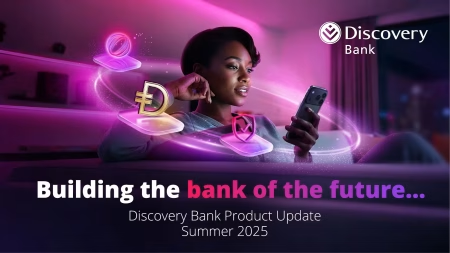Athi Geleba, Head of Digital Communications in the Presidency, has called for ethical, inclusive, and Africa-led adoption of artificial intelligence (AI) in government communications, urging policymakers and public servants to ensure technologies reflect local realities and community needs.
Speaking at the annual Women in Media and Communication panel discussion hosted by the Government Communication and Information System (GCIS) in partnership with the Tshwane University of Technology, Geleba said AI presents “exciting and inevitable” opportunities but must be deployed responsibly.
“AI is transforming how we live, work, and communicate,” she said. “It can improve operational efficiencies, enable real-time responses to service delivery challenges, and strengthen citizen engagement. But we must ensure it serves people — not replaces them.”
AI’s Role in Government Communications
Geleba highlighted AI’s potential to revolutionize government outreach, including:
- Multilingual content creation to reach diverse communities
- Real-time translation of critical government updates, such as the President’s weekly newsletter
- Sentiment analysis to improve responsiveness on social platforms
- Crisis communication enhancements for emergencies and elections
However, she cautioned that AI integration must prioritize ethical safeguards, transparency, and inclusive policies to ensure rural and marginalized communities are not left behind.
Grounding AI in African Realities
Referencing Google-led research and the African Union’s 2024 Continental AI Strategy, Geleba emphasized that Africa’s AI future must remain accessible, relevant, and data-sovereign. She also highlighted South Africa’s National AI Policy Framework, which prioritizes human-centered AI aligned with constitutional values of dignity, equality, and accountability.
These frameworks aim to prevent AI-driven inequalities, especially as 40% of South Africans still lack reliable internet access, limiting participation in the digital economy. Geleba urged governments to learn from regional AI hubs in Kenya and Nigeria while building localized solutions tailored to African contexts.
Risks, Bias, and Public Trust
Geleba warned of significant risks tied to rapid AI adoption, including:
- Algorithmic bias and discrimination in government services
- Data misuse and privacy violations
- Misinformation, deepfakes, and election interference
- Job displacement and widening unemployment
“AI must remain human-led,” she stressed. “Tools don’t have lived experiences, cultural nuance, or emotional intelligence. Authentic storytelling must stay at the heart of government communications.”
She cited global examples where facial recognition systems misidentified people of color and warned South Africa could face similar risks if AI-driven platforms lack inclusive datasets and context-aware design.
Upskilling, Digital Skills, and Women’s Leadership
Geleba called for digital literacy training across the public sector to build a 21st-century government workforce capable of managing emerging technologies. Initiatives like the Digital Skills Forum aim to train 1 million South Africans by 2030, while the National School of Government has launched AI training modules for public servants.
She urged young people, especially women, to embrace AI as an opportunity:
“Our solutions must come from us. If we want an AI future that is Africa-led, we must design the apps, we must build the tools, and we must own the solutions.”
Panelists, including Zanele Mji from TUT, echoed these sentiments, noting that AI can democratize information but must be deployed responsibly to avoid reinforcing gender and social inequalities.
Building a High-Performance Digital Public Service
For Geleba, the digital transformation of government communications is both urgent and transformative.
“We want to build high-performance public service organizations that use data, leverage digital tools, and integrate AI to deliver real impact,” she said. “Government communicators must lead this change — we cannot afford to be left behind.”
By combining ethical AI governance, upskilling programs, and community-driven innovation, Geleba believes South Africa can shape a digitally inclusive public sector that strengthens democracy and better serves its citizens.






